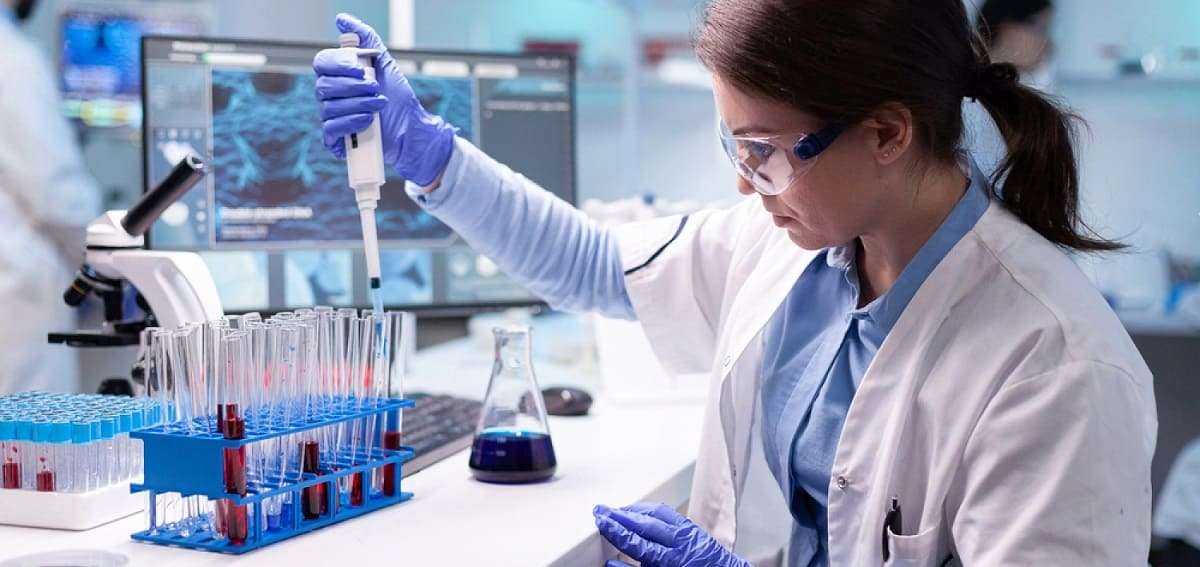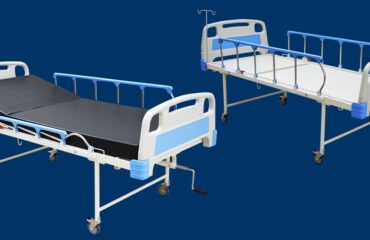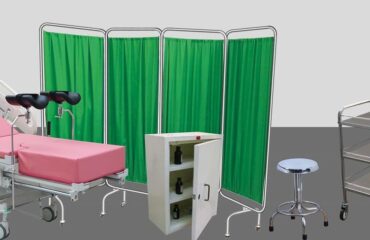A micropipette is a laboratory instrument used to measure and transfer very small volumes of liquid, usually in the range of microliters (µL). They are essential tools in various fields of scientific research, particularly in biology, chemistry, and medicine.

Here’s a detailed look at micropipettes, their types, and their roles in the health industry:
Types of Micropipettes
Air Displacement Micropipettes:
- Single-Channel Micropipettes: Designed for single sample transfers, they are the most common type used in laboratory products. They are ideal for tasks that require precise and repetitive pipetting of individual samples.
- Multi-Channel Micropipettes: These have multiple channels (usually 8 or 12) that allow simultaneous pipetting of multiple samples, commonly used in microplate applications such as ELISA, PCR, and other high-throughput assays.
Positive Displacement Micropipettes:
- These are used for viscous, volatile, or high-density liquids. Unlike air displacement micropipettes, they have a direct piston that makes contact with the liquid, ensuring accurate dispensing without air interference.
Roles of Micropipette in the Health Industry
Clinical Diagnostics:
- Micropipettes are crucial in clinical laboratories for performing diagnostic tests, such as blood analysis, ELISA (enzyme-linked immunosorbent assay), and PCR (polymerase chain reaction) tests, which are essential for detecting diseases and pathogens, including viruses like COVID-19.
Pharmaceutical Research and Development:
- In the pharmaceutical industry, micropipettes are used for drug development, including the precise measurement and mixing of compounds in drug formulation, high-throughput screening of potential drugs, and quality control testing.
Molecular Biology and Genetics:
- Micropipettes are indispensable in molecular biology techniques such as DNA/RNA extraction, quantification, and manipulation, PCR amplification, and sequencing. They enable researchers to work with minute quantities of nucleic acids, facilitating advancements in genetic research and personalized medicine.
Biotechnology:
- In biotech labs, micropipettes are used for cloning, protein purification, cell culture, and other biotechnological applications. Accurate pipetting is crucial for maintaining the consistency and reliability of experimental results.
Environmental Health and Safety:
- Micropipettes are used to measure and analyze environmental samples (e.g., water, soil) for contaminants and pollutants, contributing to public health and safety by ensuring environmental standards are met.
Benefits of Micropipettes in Health Industry
Micropipettes offer numerous benefits that make them indispensable tools in scientific research, clinical diagnostics, and various other applications within the health industry. Here are some key benefits of using micropipettes:
Precision and Accuracy
- High Precision: Micropipettes allow for the accurate measurement and transfer of very small volumes of liquid, often down to microliters or even nanoliters, which is critical in experiments where precise concentrations and volumes are essential.
- Consistency: They ensure that repeated measurements of the same volume are consistent, reducing variability and improving the reliability of experimental results.
Versatility
- Wide Range of Volumes: Micropipettes come in various models capable of handling different volume ranges, making them versatile tools for different applications from micro- to macroliter scales.
- Adaptability: They can be used with a variety of tips and attachments, allowing them to handle different types of liquids, including viscous or volatile substances, by using appropriate pipetting techniques and tips (e.g., positive displacement tips).
Efficiency
- Speed: Multi-channel micropipettes significantly speed up processes that involve repetitive pipetting tasks, such as filling microplates or preparing multiple samples simultaneously.
- Reduced Contamination Risk: Disposable tips minimize the risk of cross-contamination between samples, which is crucial in sensitive applications such as PCR and ELISA.
Ergonomics
- User-Friendly Design: Many micropipettes are designed to be lightweight and ergonomically friendly, reducing hand strain and fatigue during prolonged use.
- Adjustable Volume Settings: Variable volume micropipettes allow users to easily adjust the volume they need to dispense, adding to the convenience and flexibility of the tool.
Enhanced Research and Diagnostic Capabilities
- Critical for Molecular Biology: Micropipettes enable precise handling of nucleic acids and proteins, which is essential for techniques such as DNA sequencing, PCR, and cloning.
- Drug Development: In pharmaceutical research, accurate pipetting is vital for screening compounds, preparing solutions, and conducting bioassays, ultimately contributing to the development of new drugs.
Quality Control and Standardization
- Regulatory Compliance: Many industries, including pharmaceuticals and clinical diagnostics, require stringent quality control. Micropipettes help ensure compliance with these standards by providing accurate and reproducible measurements.
- Calibration and Maintenance: Regular calibration and maintenance of micropipettes ensure ongoing accuracy and reliability, which is critical for maintaining high standards in laboratory work.
Cost-Effective
- Minimized Waste: The precision of micropipettes reduces the amount of reagent waste, which can be particularly beneficial when working with expensive or limited-quantity reagents.
- Durability: High-quality micropipettes, with proper care and maintenance, can have a long operational life, providing good value for the investment.
Conclusion
The benefits of micropipettes, including their precision, versatility, efficiency, ergonomic design, and crucial role in enhancing research and diagnostic capabilities, make them fundamental tools in the health industry and beyond. Their ability to provide accurate and reliable measurements ensures high-quality outcomes in scientific research, clinical diagnostics, and pharmaceutical development, ultimately advancing healthcare and improving patient outcomes.


